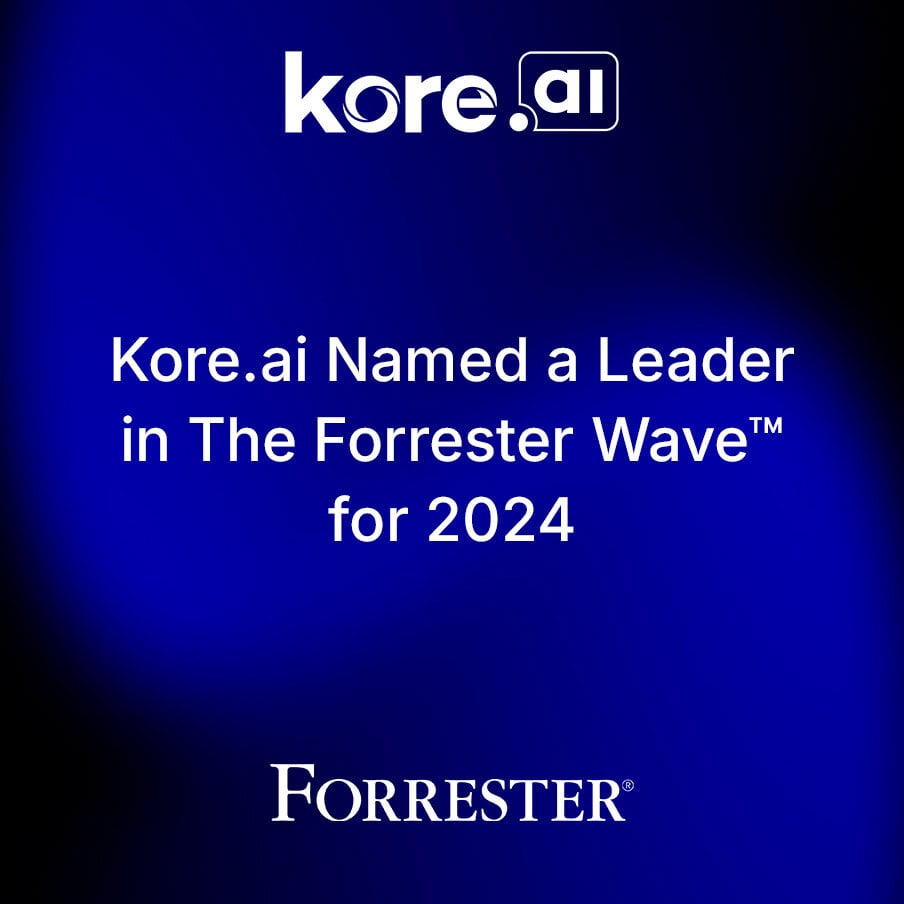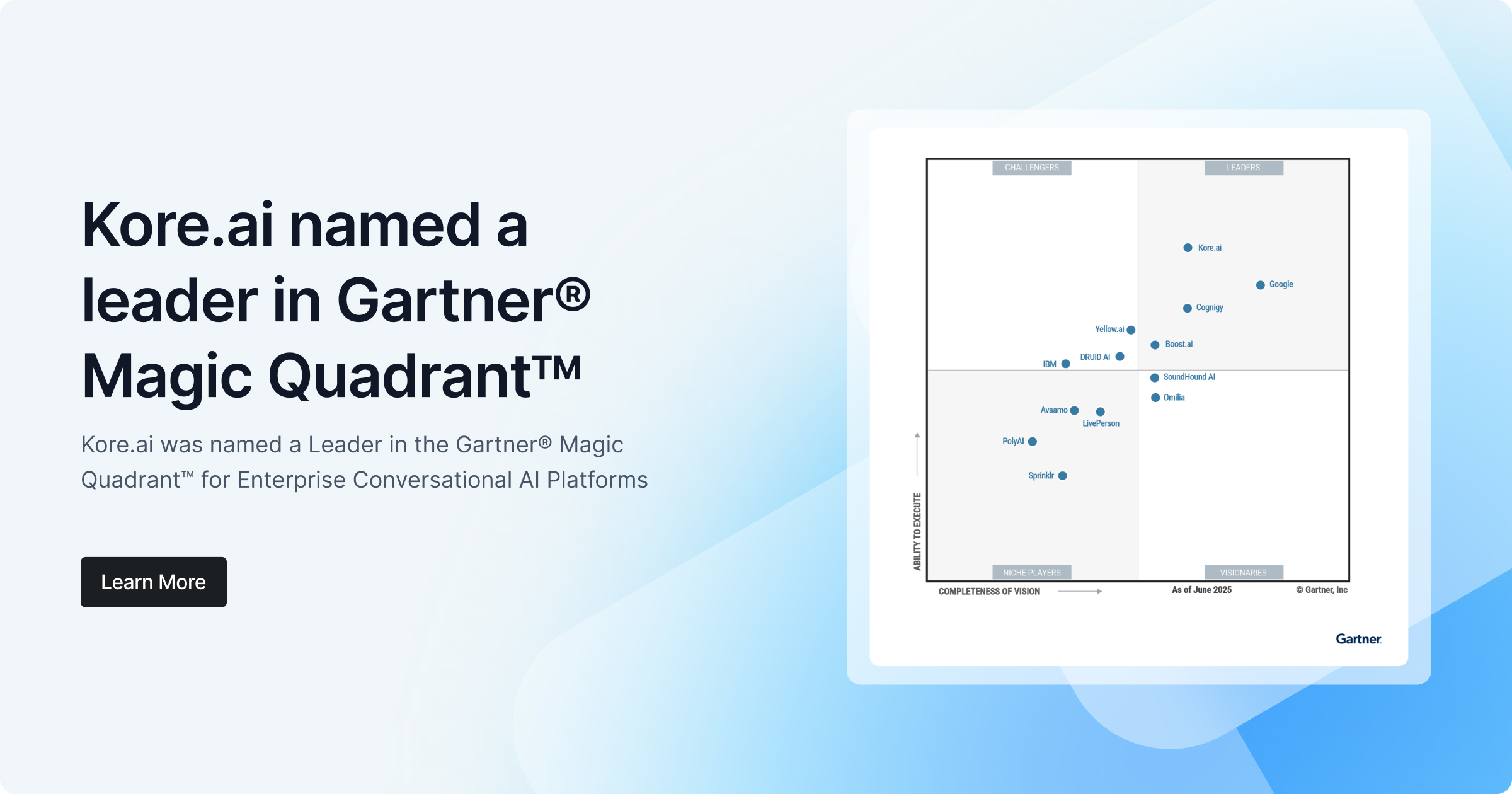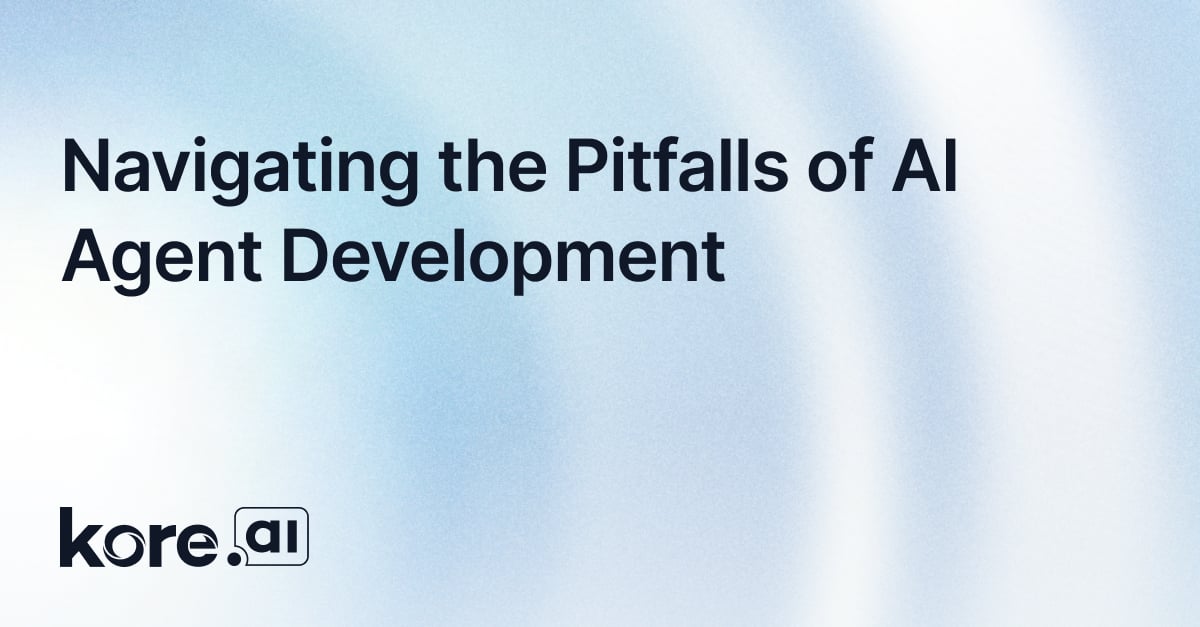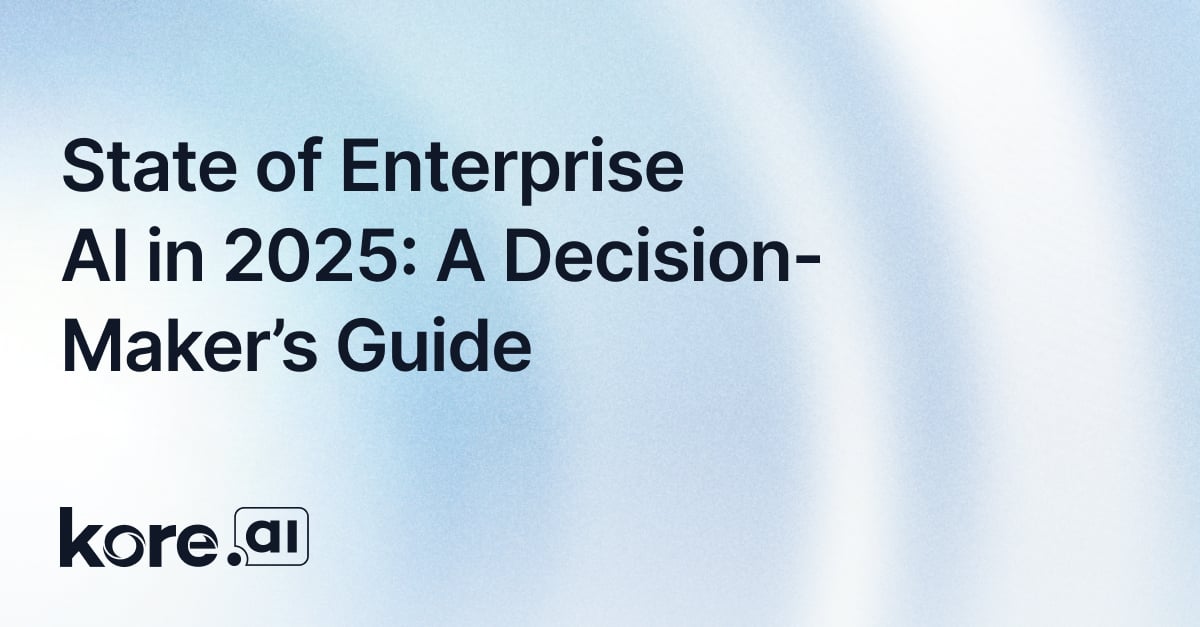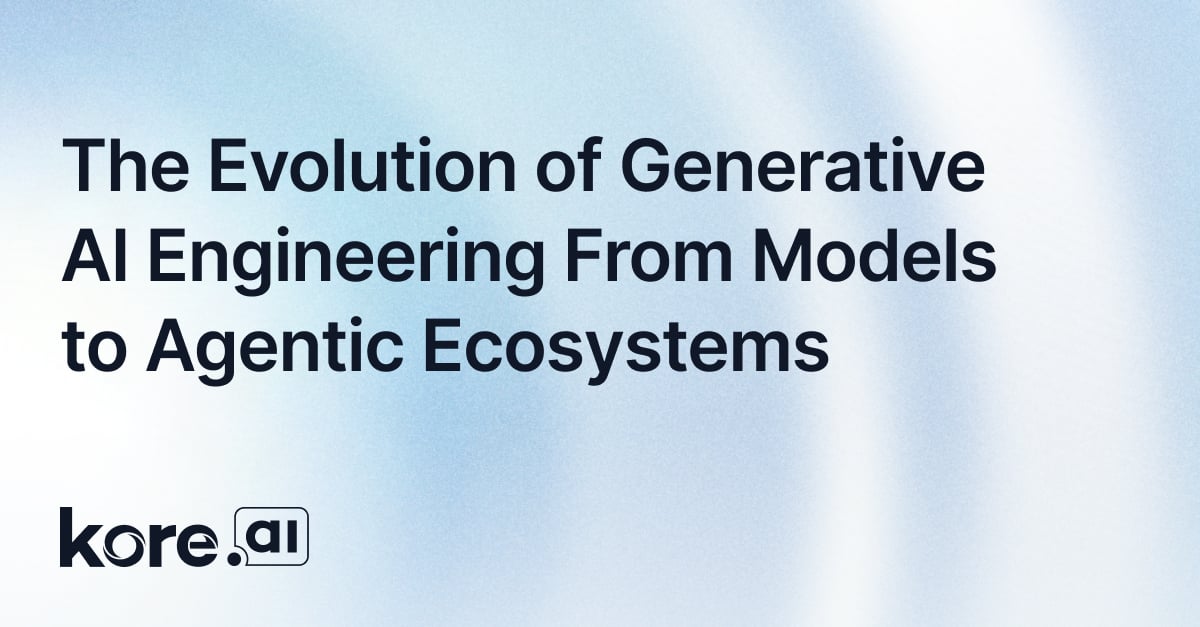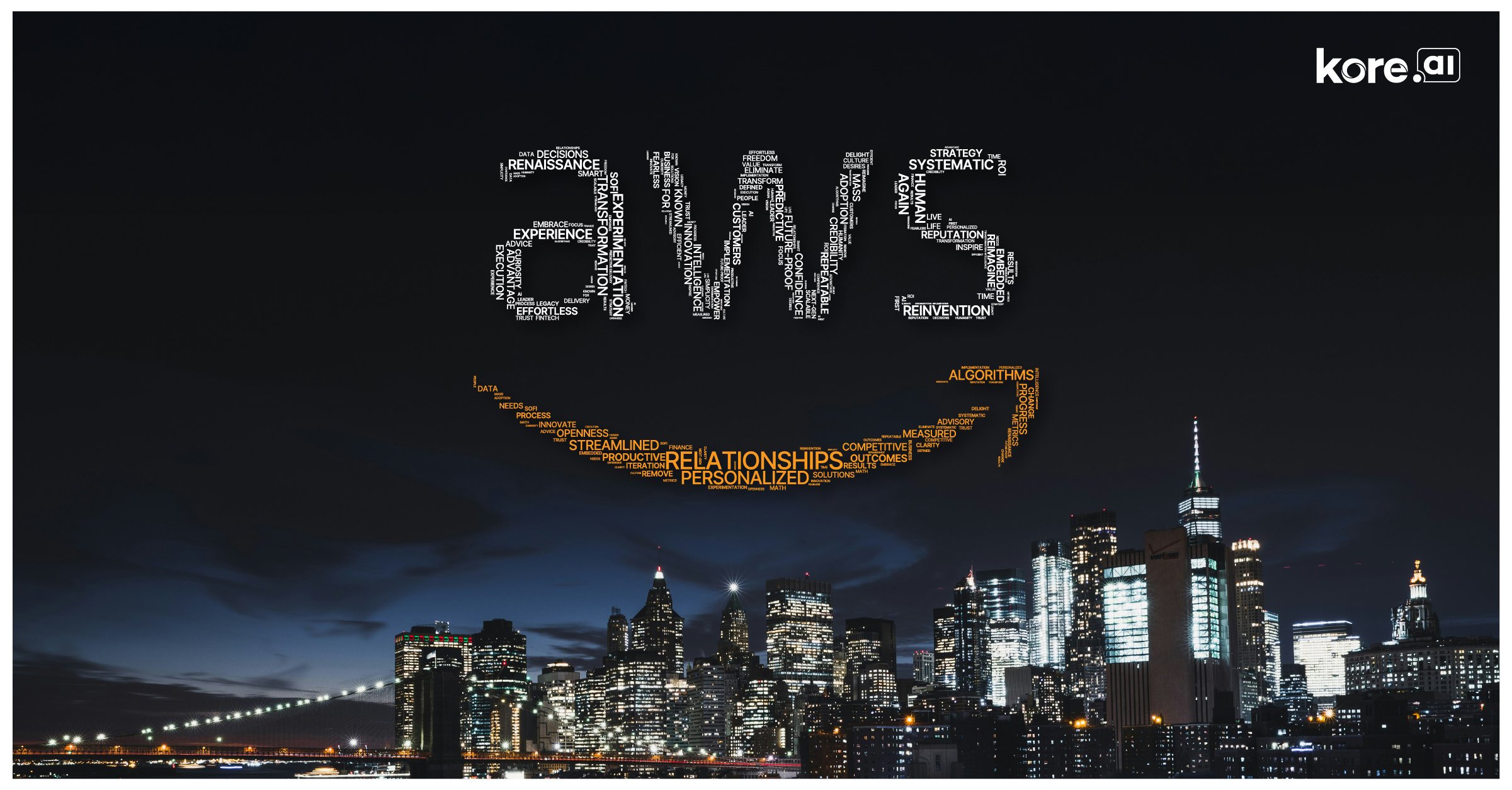Creating a futuristic digital workplace is crucial for any organization that’s aiming to attract, retain, and nurture top talent. Rightly so, it’s the cornerstone of every CIO or CHRO’s agenda, for creating a thriving, engaged, and productive workforce.
EY’s Research reveals that companies investing in employee experience (EX) technologies witness compelling value. These include a 21% increase in team productivity and a 60% higher likelihood of the employees remaining with the current organization.
No wonder the HR tech space is bustling, with thousands of vendors actively competing. In 2023 alone, the sector attracted over $4 billion in startup funding through approximately 300 rounds, alongside over 200 mergers and acquisitions.
While everyone believes that investing in employee experience (EX) offers significant advantages, engaging with and satisfying a demanding workforce is often tough. CIOs are finding that current digital workplace solutions often fail to meet employee productivity expectations due to work friction, varying levels of digital dexterity, and diverse preferences for applications, workplaces, and meetings.
A good way to attack this problem is to understand exactly what modern employees are feeling about the workplace experiences and what tools are they expecting from the organizations.
Workers want information to find them
The Gartner Digital Worker Survey noted that 80% of digital workers report they sometimes put effort into managing content to reduce duplication and improve knowledge sharing and retention. However, despite these efforts, 29% still struggle to find the information or data they need to do their job effectively. Interestingly, one-third of digital workers would accept productivity monitoring if it helped them find information or data more easily.

They demand the right tool to do the job
Desk workers now use an average of 11 applications, an increase from six in 2019. Despite this rise, using more applications doesn't negatively impact digital dexterity; 66% of digitally skilled workers use more than 11 applications, and a vast majority (66%) believe better outcomes could be achieved with universally accepted and supported devices and applications.

Employees value their digital skills
The survey also reveals that 20% of digital workers now consider themselves digital technology experts, and 12% of these are digitally dexterous, using automation tools and analytics to enhance their work. Nearly 90% of digital workers see the improvement of their digital skills as crucial for career advancement, work effectiveness, and autonomy. Providing opportunities to develop these skills across analytics, process, content, and collaboration technologies is essential.

Customer want AI tools that make their life easier
Most recently, a significant study commissioned by Kore.ai noted shifting priorities in customer service experiences. The 2024 Kore.ai Customer Experience (CX) Benchmark Study noted that for the first time in history, the access or talking to a live agent is not a preference with consumers now prioritizing effectiveness, accuracy, and efficiency in their service interactions. Having AI-driven Automated Assistant technology in the workplace is now more important to agents than a competitive salary, and, well, most everything else.

GenAI technologies and large language models (LLMs) have a profound impact on the workplace preferences with AI models helping employee productivity significantly improve enterprise search, as well as automating workflows across a diverse set of use cases including IT, HR, recruitment, content development, finance, sales and marketing and procurement.
Kore.ai rings in an era of deep personalization
Kore.ai believes that creating a consumer-grade digital employee experience is essential for fostering an engaged and empowered workforce.
With a multigenerational workforce ranging from Baby Boomers to Gen Z, companies must offer digital experiences comparable to those employees enjoy in their personal lives, leveraging technologies like ChatGPT and GenAI.
With respect to Employee Productivity - Every employee today is looking for an assistant like ‘Siri’ or ‘Alexa’ that reflects his persona and aligns his entire work-life along the processes of the organization. However, the current market lacks easy-to-find, accessible solutions addressing employee productivity pain points, with disparate chatbots for individual apps.
AI for Work: Enterprise knowledge management and search are also rapidly evolving with conversational AI and advanced retrieval-augmented generation (RAG) technologies. Users can now search and interact via a single interface with virtual assistants, extracting precise answers from various data sources such as wikis, PDFs, and databases
For example, one of the world’s leading investment banks, uses an AI assistant built on the Kore.ai’s advanced RAG-based AI for Work capability platform for their financial advisors. The AI bot analyzes relevant documents from its knowledge repository and synthesizes a response in the form of a recommendation answer with citations. The solution keeps detailed logs of advisors’ meetings and automatically creates draft emails and summaries of the discussions, thereby reducing the burden of tasks while helping improve their relationships with high-networth individuals.
Enterprise Virtual Assistant (EVA): This is a unified personal assistant for enterprise employees, that empowers them to access information, take action, and automate tasks, while enhancing work satisfaction and productivity.
Rather than having multiple chatbots for multiple systems, EVA acts as a Universal Bot that offers ubiquitous experience across the employee life-cycle journey enhacing employee productivity within an organization - from hire to retirement.
It offers a single interface across preferred channels, providing self-service suites for IT, HR, Finance, Legal, and Procurement, alongside Agent AI for helpdesk teams; accessible as a standalone universal bot or integrated into communication and collaboration systems-of-record like MS Teams or Google Workspace.
Often there are use cases like offboarding, onboarding, contact management and procurement that extend beyond a particular function. For example, onboarding typically requires you to have HR, payroll, benefits, finance, facilities and IT working together to usher in an employee. Even frontline employees can receive modern corporate-level experiences through mobile apps and Walkie Talkie bots.
It enables deep personalization by aligning fully with the employees' context, needs, objectives, behaviors, and personal preferences. Unlike generic workplace apps or virtual agents, EVA adapts and evolves to become a personalized digital twin for each employee.
GenAI is driving efficiency across employee experience use cases
Call it autonomous employee experience (AEX) or ticket-less automation, we are looking at automating the entire gamut of enterprise employee experiences including conversational and non-conversational use cases beyond just IT, HR or Knowledge Management, thanks to GenAI and large language models (LLMs).
A host of non-conversational tasks that run across an employee journey are now enabled by GenAI, enabling them to:
- Spend less time looking for information
- Achieve faster time to proficiency in a new role or project
- Summarize content from meetings and easily understand and consume information
- Write better emails, notes, content
- Execute the tasks or workflow in the background
Similarly, there is an increasing need for human automation in workflow experiences across a wide section of use cases. From Finance, Legal, Procurement, Sales to Marketing, we automate every enterprise workflow to enable employees to get things done on their own, in the self-service mode.
The combination of conversational AI and GenAI foundational models has vastly improved the Kore.ai platform’s ability to ingest content from multiple sources (text, voice, image and video), interpret them through natural language understanding (NLU) and enable enterprise systems to engage in human-like responses.
So, while the current set of HR platforms and IT service management tools still rely on ticketing systems for issue resolution, we are moving towards fully autonomous agentic workflows that execute the task workflow or do away with the need for creating tickets.
For instance, a leading Canadian energy distribution company leverages an AI assistant built on the Kore.ai platform to significantly reduce the need for HR staff intervention, handling routine queries and enhancing operational efficiency and employee productivity through quicker, more accurate responses. It integrates seamlessly with HR Workday, and helps its 15,000-strong workforce with self-service options, handling thousands of queries monthly.
Because, unlike traditional systems, the true value of automation is powered by multi-modal AI agents that integrate with the enterprise ecosystem, autonomously execute workflows, collaborate through shared learning, engage in natural dialogs, and automate processes for seamless interactions and non-conversational use cases.
A software company specializing in design and engineering solutions automated their employee email and IT workflows and streamlined information access through virtual assistants built on the Kore.ai platform for around 20,000 global workers and contractors, leading to a ~20% reduction in average handling time, and yielding a $500,000 net benefit within a year.
Maintaining a focus on governance and explainability with Responsible AI
Enterprises are worried about trust and data governance when leveraging GenAI solutions. Organizations within highly regulated industries don’t want to put their data in ChatGPT fearing breach of trust and privacy.
Kore.ai’s responsible AI framework, drawn from years of R&D efforts and rigorous practices, helps every enterprise harness the power of AI while upholding fairness, transparency, integrity, inclusivity and accountability. Guardrails and prompt controls provide controls to organizations where employees are interacting with AI, across responses and which data is shared.
To prevent issues like hallucinations and factual misrepresentations, Kore.ai combines AI models with human feedback for training and fine-tuning, learning from past mistakes to enhance authenticity.
Future Outlook
Looking ahead, we anticipate a paradigm shift toward conversational experiences in all enterprise apps, facilitating task automation across functions like onboarding/ offboarding, training, contract management, and expense filing.
Everyday, enterprises are obsessed with a myriad ways of advancing their business through technology. This includes enhancing processes, automating workflows, developing new products, and refining customer loyalty programs. But the most powerful, lasting changes happen when firms embrace human-centricity, generating positive emotions in employees throughout their experiences at work that reverberate through to customers. It requires fundamental, systemic changes in thinking and processes.
Kore.ai’s vision for a futuristic workplace encapsulates such a forward-thinking approach, and aims to accommodate diverse workforce demographics, from baby boomers to Gen Z, ensuring inclusivity and adaptability.
Conclusion
Generative AI is reshaping the digital workplace by automating workflows, enhancing productivity, and delivering deeply personalized employee experiences. With Kore.ai’s AI-powered solutions like EVA and AI for Work, enterprises can create smarter, more human-centric environments that empower employees and drive business efficiency.
Looking to offer advanced AI solutions for your employees? Checkout below:
